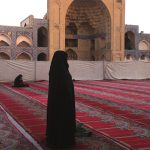QUESTION:
A speaker claimed that ibn Hazm al-Andalūsī was an “Ash’arī, Munazzih” [one who affirms Allāh’s Perfection and His being free from all defects). Is this statement correct?
ANSWER:
الحمد لله و الصلاة و السلام على رسول الله صلى الله عليه و سلم
Ibn Hazm al-Andalūsī was not from the Ahl al-Sunnah wal Jamā’ah nor was he a munazzih. This is clear from the words of the muhaqqiqīn from amongst the Ahl al-Sunnah wa al-Jamā’ah:
قال الإمام محمد بن يوسف السنوسي:
ولخفاء هذا المعنى على بعض الأغبياء من المبتدعة صرح بنقيض ذلك فنقل عن ابن حزم أنه قال في الملل والنحل أنه تعالى قادر أن يتخذ ولدا إذ لو لم يقدر عليه لكان عاجزا. فانظر اختلال عقل هذا المبتدع كيف غفل عما يلزم على هذه المقالة الشنيعة من اللوازم التي لا تدخل تحت وهم
Al-Imam Muhammad ibn Yūsuf al-Sanusi said:
Because this meaning, [that Divine Power Qudrah does not relate to the wājib (that which must absolutely necessarily exist) and the mustahīl (that which absolutely cannot exist)] remained hidden upon one of the ignoramuses from the mubtadi’ah (people of innovation) he openly declared the exact antithesis of this, thus it is related from ibn Hazm that he said in ‘al-Milal wa al-Nihal’ that “Allah is capable of having a son because if he were not capable of that he would be incapacitated.” So look at the mental derangement of this Mubtadi’ (innovator) how did he neglect the ramifications of this ugly statement which do not even enter upon the imagination?
[Hāshiyah al-Dusūqi al Umm al-Barāhīn pg 104]
وقال العلامة محمد بن عرفة الدسوقي:
وأغلب حطه وتشنيعه فيه على الأشاعرة والماتريدية أئمة السنة وقد رأيت ذلك الكتاب بزاوية الشيخ دمرداش بمصر وله كتاب كبير في الفقه ينتصر فيه للظاهرية ويشنع فيه على الأئمة الأربعة لا سيما الإمام المجمع على جلالته إمامنا مالك وما زالت الأخيار تبتلى بالأشرار.
Imam Muhammad bin ‘Arafah al-Dusūqi has said:
Most of his criticisms and loathing in it (Al-Milal wa al-Nihal) is upon the Ashā’irah and the Māturīdiyah the leaders of the Ahl al-Sunnah and I saw that book in the Zāwiyah of Shaykh Damardash in Egypt and he has a large book in fiqh in which he supports the Dhāhiriyyah and reviles the Four Imams and particularly the Imām whose lofty stature is agreed upon, our Imām Mālik, and the select have not ceased to be put to trial by the wicked.
[Hāshiyah al-Dusūqi al Umm al-Barāhīn pg 104]
Answered by Mawlana Ibrar Shafi
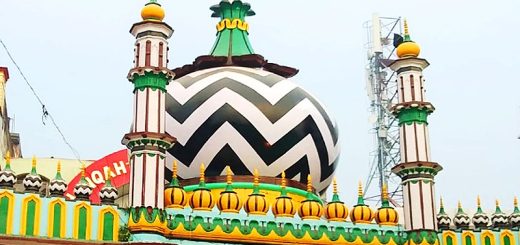

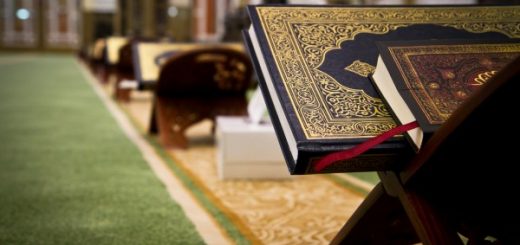
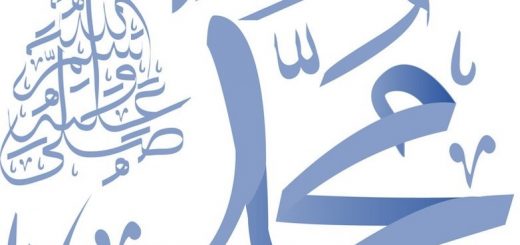

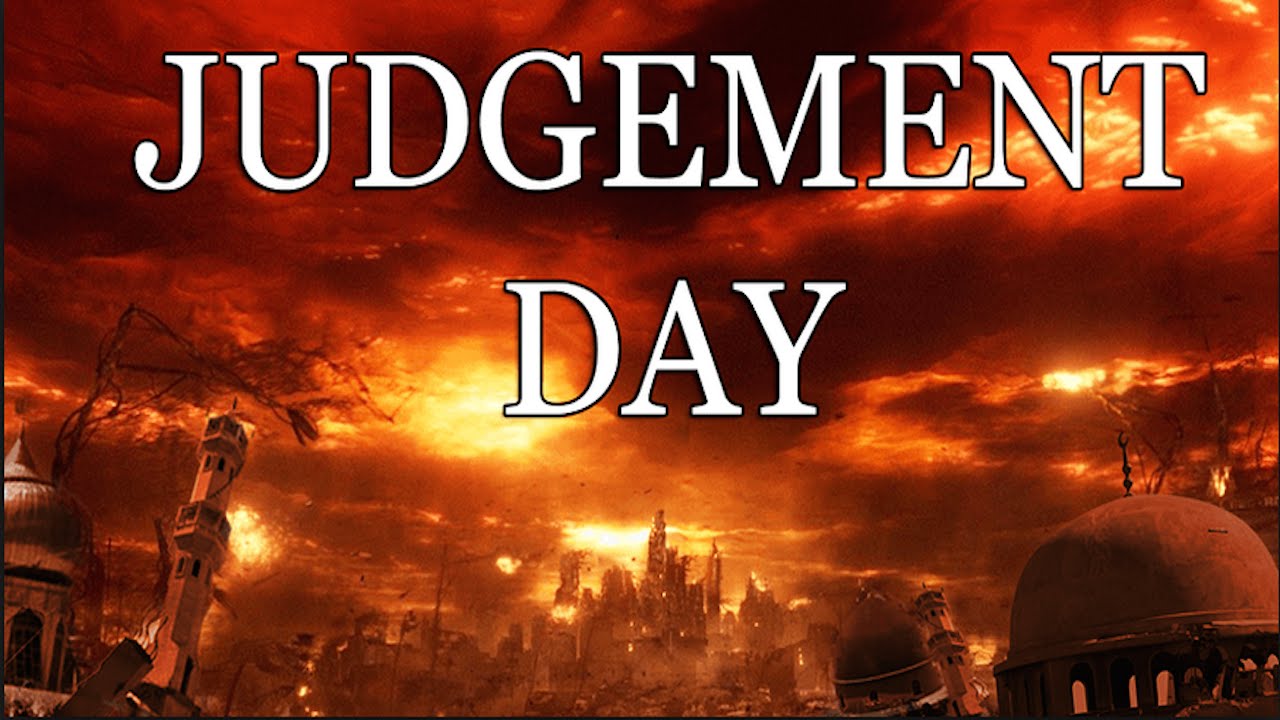




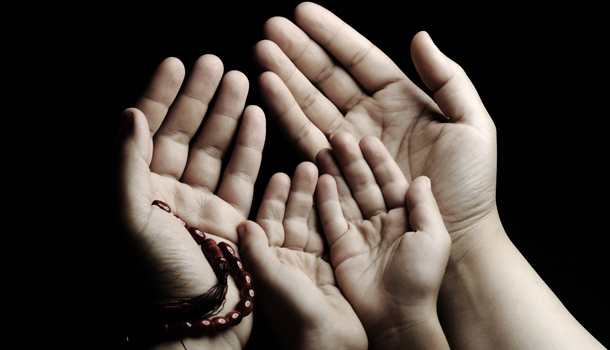
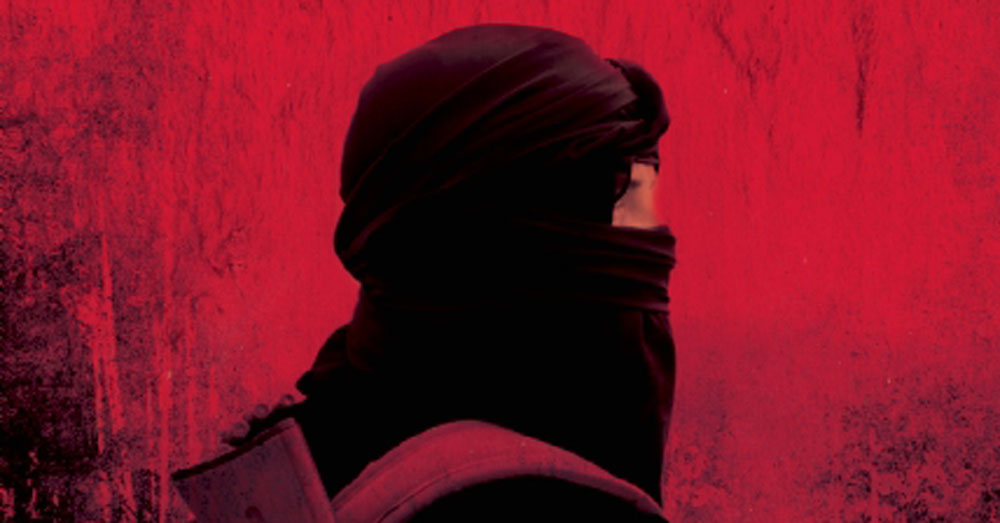




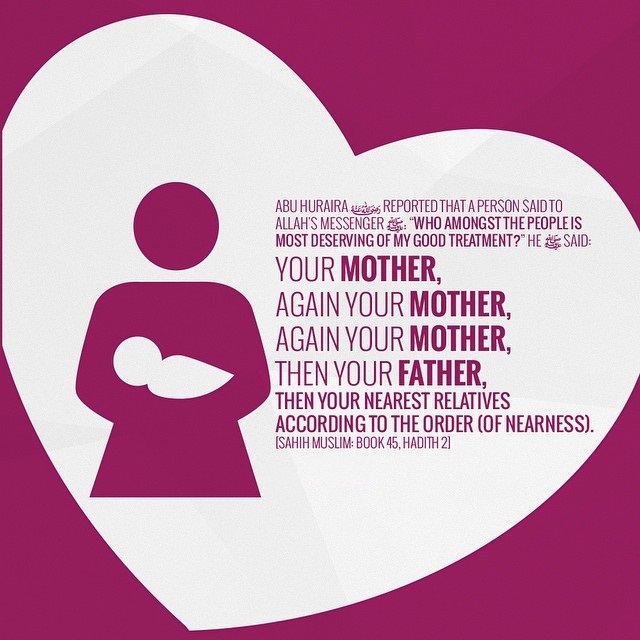
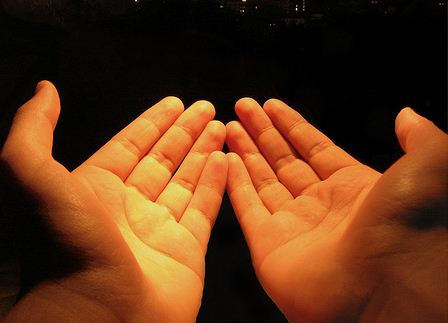
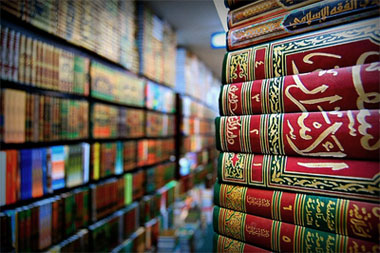

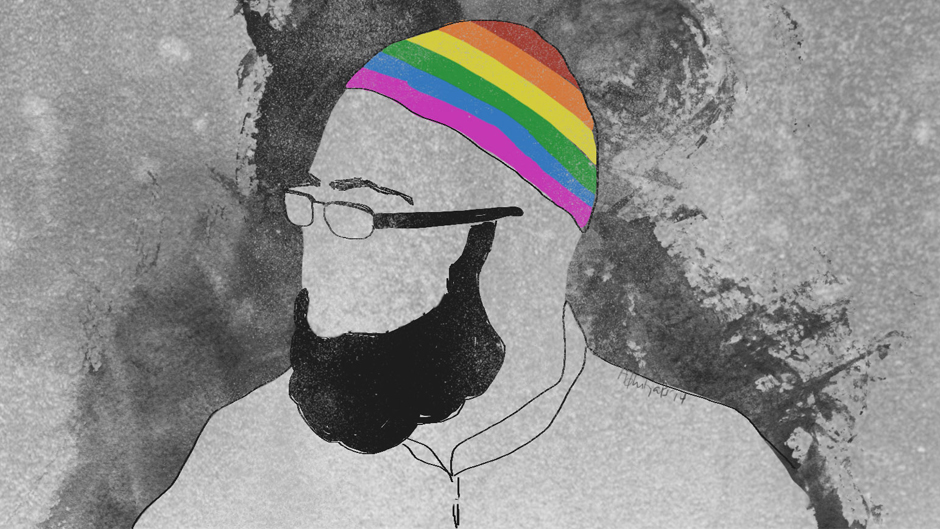

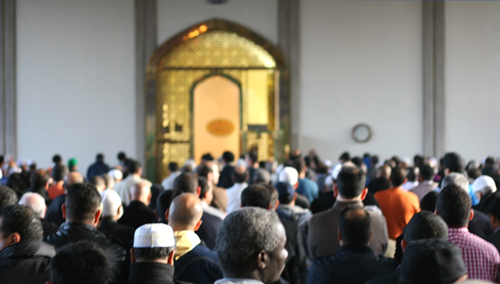

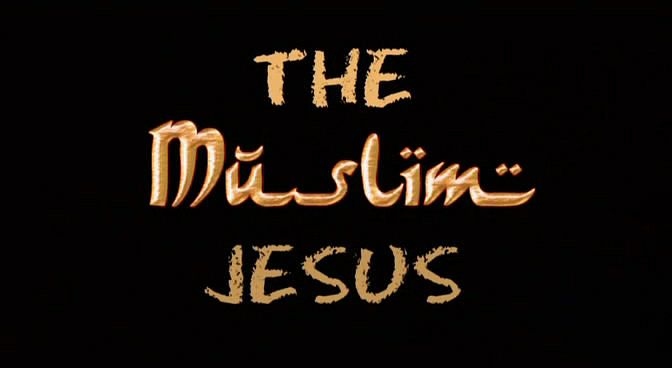
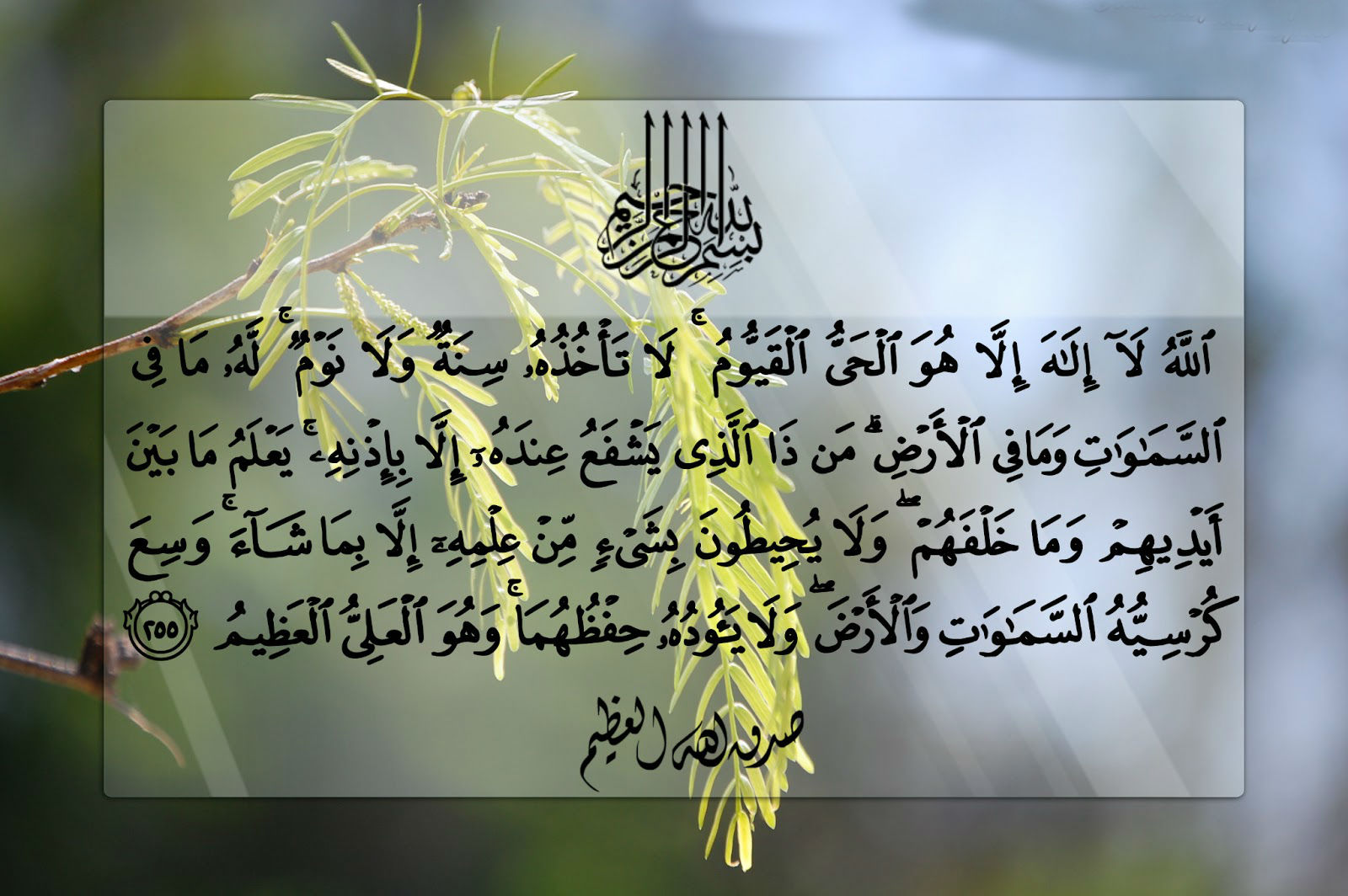
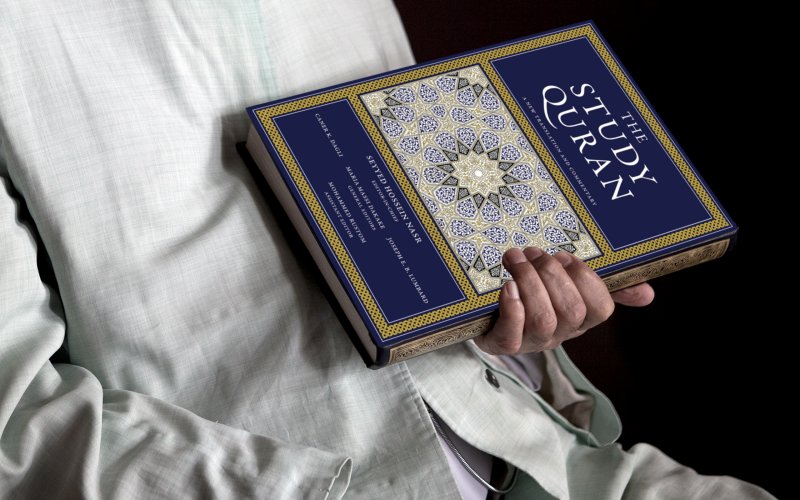
![[Q-ID0222] Should we be saying ‘Allah is everywhere’? Please clarify.](https://www.seekerspath.co.uk/wp-content/themes/hueman-pro/assets/front/img/thumb-medium-empty.png)











